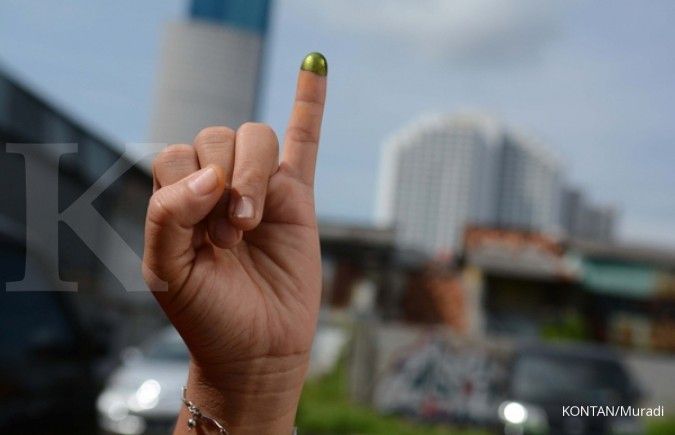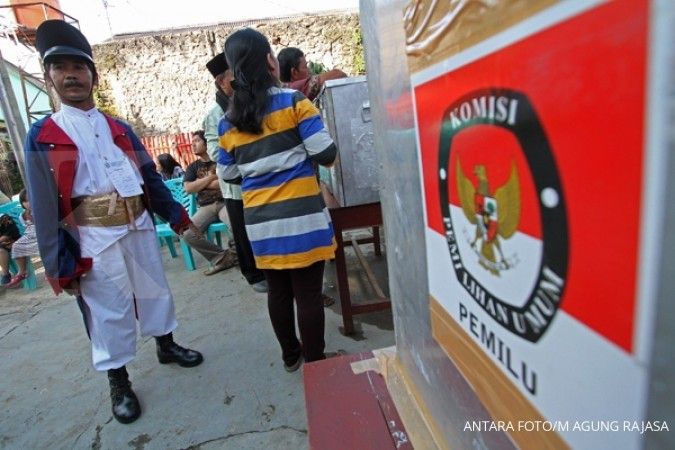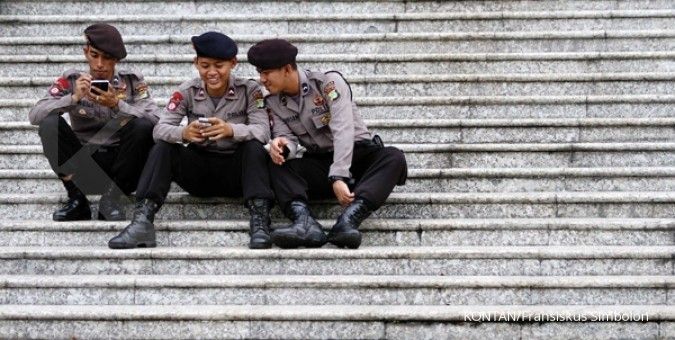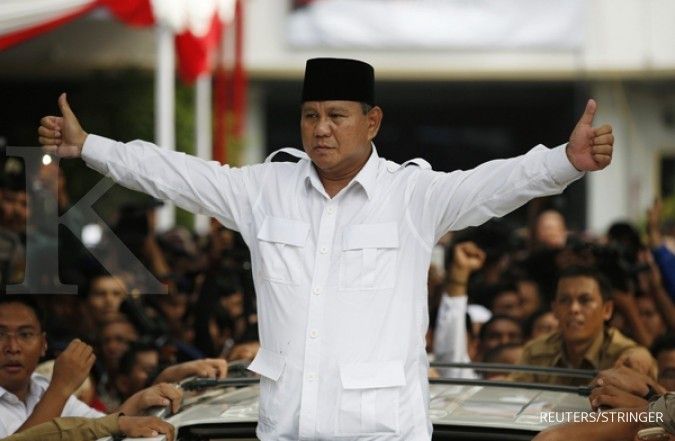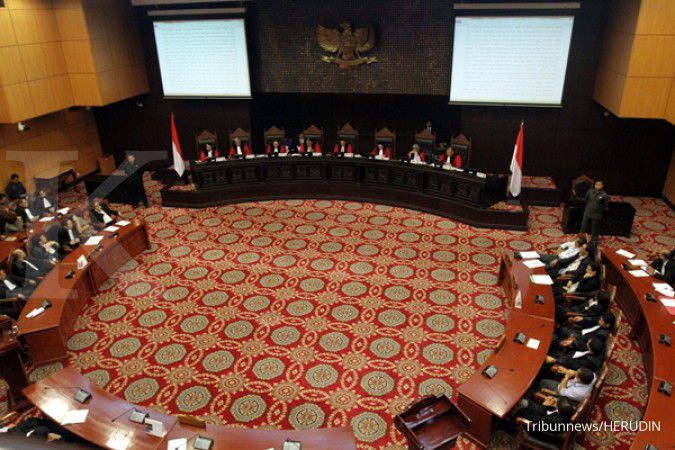JAKARTA. More than 190 million eligible voters are set to choose their seventh president today, a pivotal point in the country’s history after an election campaign that has sharply divided the electorate into two camps seeking very different futures for the world’s third-largest democracy.
For the next five years, the fortunes of the state will be in the hands of either Joko “Jokowi” Widodo, a furniture businessman who did not begin his political career until 2005, or Prabowo Subianto, a dismissed Army commander who was once married to the daughter of the late dictator Soeharto.
As the stakes are so high for both camps, separated by less than 5 percent in favor of Jokowi in the latest opinion polls, election authorities have warned about potential violations that could have a negative impact on the fairness and credibility of the election.
General Elections Commission (KPU) commissioner Hadar Nafis Gumay cited vote-buying and intimidation, before and during the casting of votes, as the most likely violations that could occur.
“We have anticipated that. Voters should not be afraid to immediately report any instances of vote buying or intimidation to the election authorities,” he said on Tuesday.
As Indonesia is regarded as being among the world’s most corrupt countries, the likelihood of vote-buying and kickbacks to election officials can not be dismissed lightly.
Constitutional law expert and Center for Electoral Reform (CETRO) senior researcher Refly Harun said the violations could start early in the day in the form of vote-buying particularly in villages.
Refly, who once uncovered indications of a judicial mafia plaguing the Constitutional Court, said that money was an extremely effective weapon in persuading people how to vote.
The most common methods are direct bribery, known locally as serangan fajar (pre-dawn raid) and serangan duha (mid-morning attack).
Serangan fajar refers to bribing voters in the early morning, a few hours before voting opens.
The practice has been common since Soeharto’s New Order era.
Serangan duha involves bribing voters on their way to polling stations.
“The most common and widespread violation will be vote-buying. It is guaranteed to occur,” said Refly.
According to data from the Election and Democracy Watchdog (Perludem), the three regions most prone to election violations are Papua, West Java and Aceh.
West Java, with the country’s biggest electorate, accounting for 17.5 percent of the nation’s eligible voters, has the highest number of undecided voters, at more than 10 percent according to pollsters.
Papua and Aceh, which in total account for less than 5 percent of voters, are prone to violations due to their harsh terrain that creates challenges for monitoring authorities.
Perludem based its data on the number of legislative election disputes at the Constitutional Court.
Most dispute cases revolve around vote rigging and administrative errors.
Perludem executive director Veri Junaidi said vote rigging was very much a matter of concern as there was a high possibility that election organizers, especially those at regional levels, could be bribed to inflate the votes for a certain candidate.
“There is a strong indication of that, as several regents and mayors are members of the candidates’ campaign teams,” said Veri.
“They can influence the local election organizers, such as the local poll administrators [KPPS], Subdistrict Polling Committees [PPS] and district election committees.”
“Unless each candidate deploys plenty of monitors to watch each other’s movements and the local election organizers, the vote calculation at every level is vulnerable to being inflated or reduced,” Veri said.
KPU commissioner Sigit Pamungkas, however, downplayed the concerns, saying that the potential for vote manipulation would be smaller in the presidential election due to the fact that there were only two candidates.
“It can still happen but with only two election candidates, the monitoring complexity is less than in the legislative election. So it will be easier for us to detect any vote manipulation,” said Sigit.
Sigit added that the KPU would rely on reports from monitors, election supervisors and the public.
“We can check the reports at once if there is any irregularity, such as suspicious markings on the ballots,” he said. “After that we will check the recapitulation form and match it with other forms to ensure the vote tallies.”
According to Veri, monitors and election supervisors should be cautious, particularly with regard to vote recapitulations in remote areas.
“Ballot manipulation such as vote trading actually happens a lot during the recapitulation process in the KPPS. The recapitulation could occur by day or night. The manipulation is likely to happen, especially in remote areas,” said Veri. (Hans Nicolas Jong and Hasyim Widhiarto)
/2014/04/11/31117530p.jpg)
